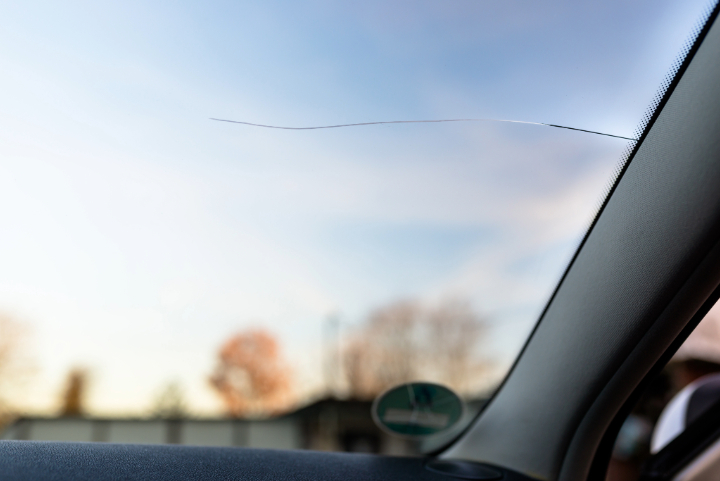Window tint adds style, comfort, and protection to your car. But over time, even the best film starts to break down. If you wait too long to replace faded tint, you may face more than just an ugly look. It can cost more to fix, hurt your car’s resale value, and even cause inspection issues in Massachusetts.
Here’s what really happens when tint wears out and why it pays to replace it on time.
How Old Film Degrades Over Time
All tint has a lifespan. Cheaper dyed films may only last three to five years before fading, while higher-end ceramic or carbon films can hold up for a decade or more. Exposure to sun, extreme weather, and poor installation speeds up wear.
Signs of aging tint include:
- Fading or turning purple
- Bubbling or peeling along the edges
- Hazy, blurry spots that reduce visibility
- Adhesive breakdown that causes the film to lift
Once tint shows these issues, it’s no longer doing its job. UV protection and heat rejection drop, leaving your interior exposed.
If you’re unsure about lifespan differences, check our blog on tint types and their differences to learn how materials impact durability.
Why It Gets Harder and Costlier to Remove
The longer you wait to replace tint, the harder it becomes to remove. As film ages, the adhesive bonds more firmly to the glass. When it finally starts to peel, it often comes off in tiny pieces instead of clean sheets.
This creates two problems:
- Extra labor costs: Shops charge more when removal takes hours instead of minutes.
- Risk of damage: Using blades or harsh chemicals to scrape away stubborn film can scratch the glass or damage rear defroster lines.
Fixing damaged defrosters or scratched windows costs far more than replacing tint on time. For safe removal tips, see our article on the best way to remove window tint in MA.
The Look of a Car with Bad Tint
Faded or peeling tint doesn’t just lose function. It ruins your car’s appearance. A clean tint job makes a car look sharp and well-maintained. Old tint, on the other hand, signals neglect.
Common looks of bad tint include:
- Purple, streaky windows
- Large bubbles that distort glass
- Cracked edges where film has shrunk
- Uneven shading between windows
This hurts curb appeal and resale value. Buyers often assume a poorly maintained tint means the car wasn’t cared for overall.
When Replacement Makes More Sense Than Repair
Some drivers try to patch or repair bad tint instead of replacing it. This rarely works. Bubbling, purple discoloration, and adhesive breakdown cannot be fixed with a quick touch-up.
Replacement makes more sense if:
- The film is older than five years
- Multiple windows show fading or bubbles
- Defroster lines are at risk of peeling film
- Your car is due for inspection, and visibility could be questioned
In Massachusetts, inspection techs check for clear visibility. A faded or bubbling tint can raise concerns. To stay safe and compliant, follow the guidelines in our summary of Massachusetts tint laws before your appointment.

Don’t Let Bad Tint Kill Your Car’s Look
Waiting too long to replace tint means paying more later, risking glass or defroster damage, and lowering your car’s value. A clean, professional re-tint keeps your vehicle looking sharp and performing at its best.
To avoid issues:
- Replace film at the first signs of fading or bubbles
- Choose high-quality ceramic or carbon film for longer life
- Work with a shop that knows state regulations and offers warranties
If you’re comparing options, our Mass Tint Guide directory makes it easy to find vetted Massachusetts shops that follow legal standards and use quality materials.
Faded tint is more than a cosmetic issue. It reduces UV protection, hurts visibility, and makes removal more expensive the longer you wait. Replacing old film early saves time, money, and frustration while keeping your car looking and performing its best.
Ready to upgrade your faded tint?
Visit Mass Tint Guide today to compare shops, review tint laws in Massachusetts, and explore more insights in our tinting blog. Book your re-tint now and avoid the costly mistakes of waiting too long.



0 Comments